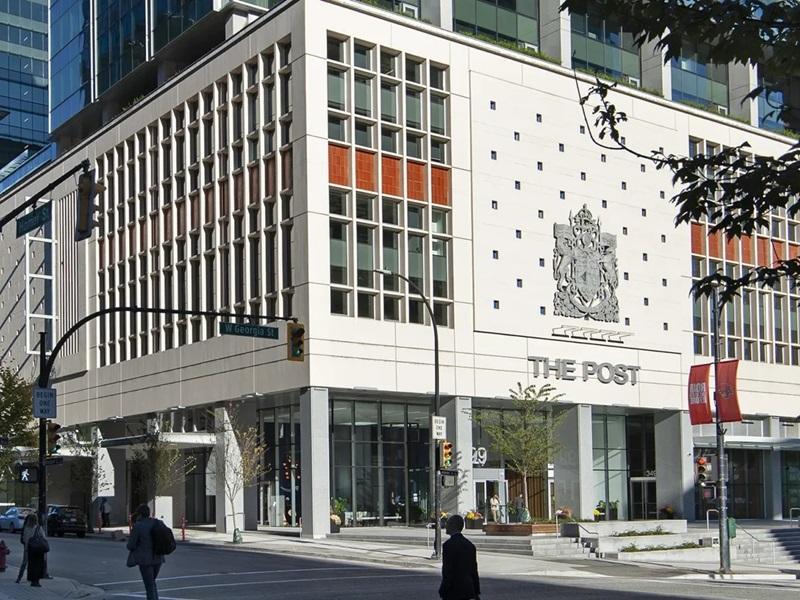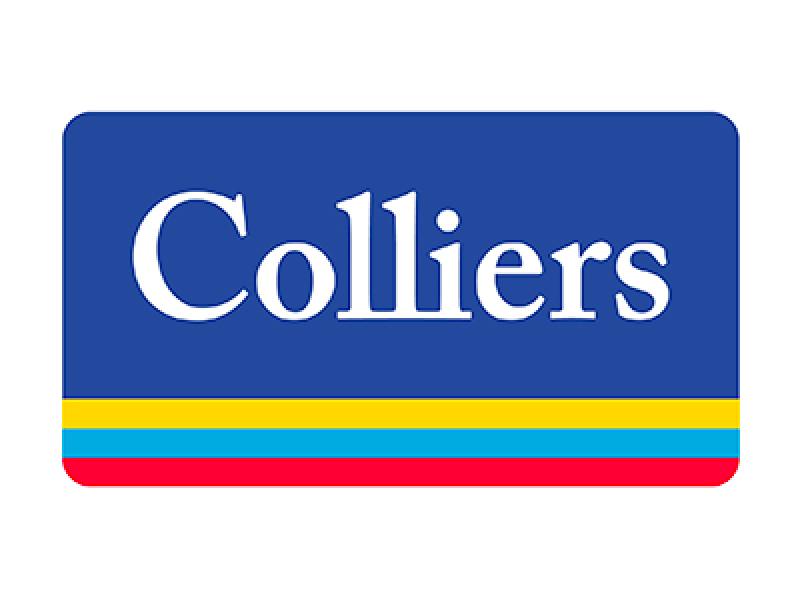
Slate Grocery REIT (SGR-UN-T) saw its Q2 2023 net operating income increase 22.4 per cent year-over-year and set a record for leasing as the grocery-anchored retail sector continues to be a top performer.
The Toronto-based real estate investment trust is managed by Slate Asset Management. It owned and operated 117 grocery-anchored properties in the United States totalling approximately 15.3 million square feet and valued at $2.4 billion (all dollar figures US) at the end of the quarter (June 30).
“We have strong conviction in the value of our grocery-anchored real estate,” chief executive officer Blair Welch said during an Aug. 2 conference call to discuss the REIT’s Q2 performance. “Fundamentals for grocery-anchored centres remain strong.
"Limited availability, coupled with the lack of new supply coming into the market, is creating a favourable dynamic for owners to grow rent.
“As consumers continue to spend more on goods and services that are close to home, tenant mix has become increasingly important. Centres like ours, with a strong anchor tenant that drives foot traffic and a high proportion of essential tenants, are benefiting.”
Record quarter for leasing
Slate Grocery REIT achieved a record one million square feet of total leasing in the quarter. New deals were completed at 23.7 per cent above comparable average in-place rents, while non-option renewals were at 10.9 per cent above expiring rents.
New leasing drove a 70-basis-point occupancy gain from the beginning of the year to 93.9 per cent at the close of the quarter.
At $12.29 per square foot, the average rent in the portfolio remains well below market and provides a significant runway for continued rental growth and value increase.
“The rents aren't going to go (up) $9 to $16,” said Welch. “What you do is you increase the grocer rent over time, but most of the grocers, when they go to market on an expiry, they have a five-year option at market.
"So, you increase it that five per cent or 10 per cent, and then in five years another five per cent or 10 per cent. You try and get steps in the rent every year.”
No acquisitions for the past year
Slate Grocery REIT’s last acquisition was completed in the summer of 2022, a 14-property portfolio located in seven states valued at $425 million.
It has made almost $900 million in acquisitions since 2021 and continues to underwrite single-asset and portfolio opportunities that will be accretive to unitholders.
Slate Grocery REIT managing director Connor O’Brien said bid-ask spreads are starting to narrow and he expects transaction volume to pick up before the end of the year.
“We're certainly trying to identify those motivated sellers and provide a solution that would be compelling for us as an investment opportunity today and going forward,” he said.
“There are 40,000 of these types of assets in the U.S., but there's no big owner,” said Welch. “It's a lot of onesie-twosies, and a lot of those have been financed through regional banks or securitized CMBS (commercial mortgage-based securities).
“And we are finding that the capital structure on some of these assets is going to need to be reset.
"So we think there's going to be compelling opportunities because of capital structure, not the underlying real estate fundamentals. We're excited about that.”
The REIT focuses on U.S. retail assets, so it was not part of a major acquisition announced Aug. 9 by Slate Asset Management (which is, along with Slate co-founders Blair and Brady Welch, its largest shareholders), for 188 needs-based retail properties in Germany.
That portfolio is to be acquired by Slate Asset Management from x+bricks Group in two tranches and is valued at about $1.5 billion.
Slate Grocery REIT has been actively buying its own units back because they’re trading at a discount to the market, but it’s comfortable with its net asset value, according to Blair Welch.










